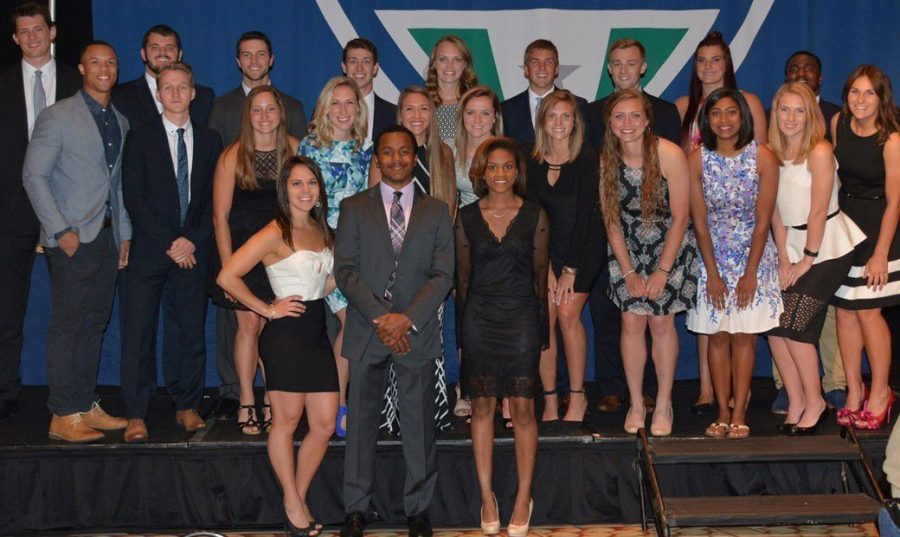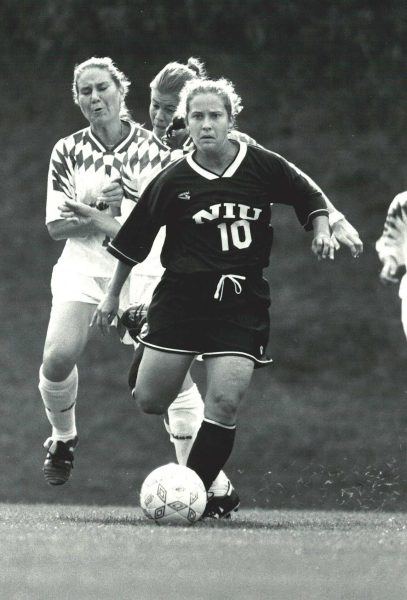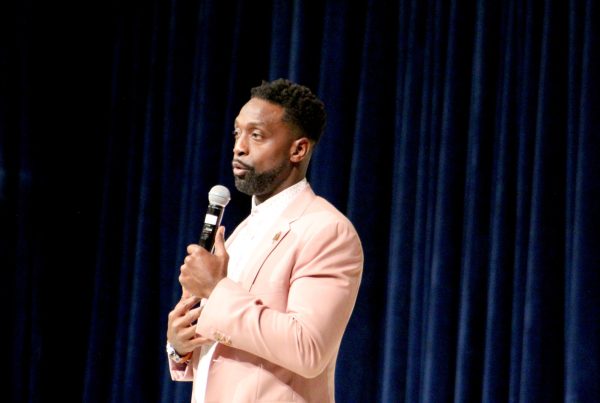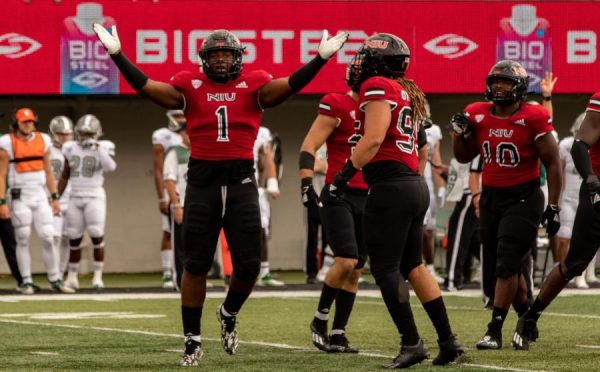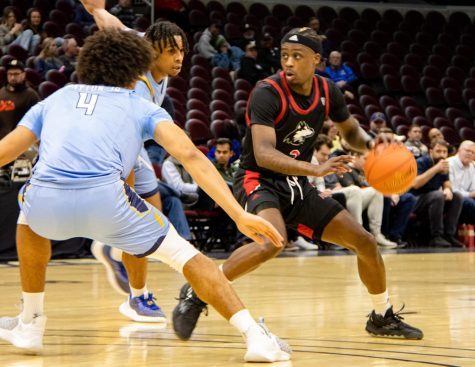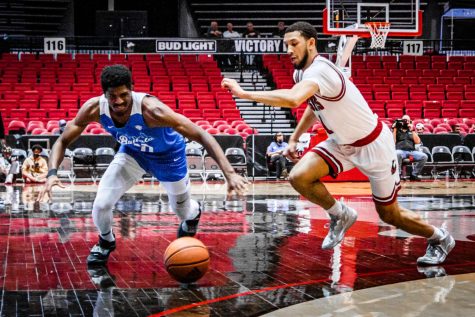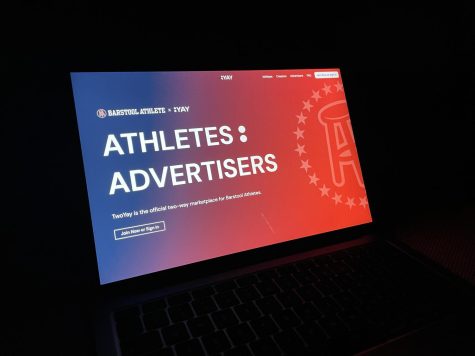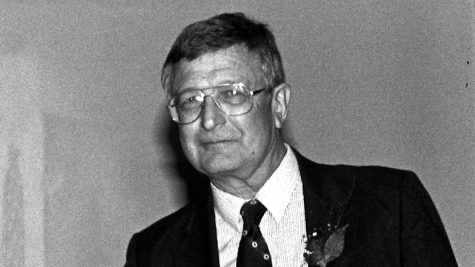MAC changes obligations
September 12, 2016
DeKALB | The Mid-American Conference Council of Presidents voted unanimously Thursday to adopt time limitations for student-athletes.
The proposal originated from suggestions by MAC representatives and the Conference Student-Athlete Advisory Committee.
The advisory committee is made up of 26 students across MAC schools throughout the country. The intention of their time proposals was to provide their own perspectives about the concern regarding athletes’ time obligations to their respective sports.
The council responded by approving the proposals developed by the advisory committee and others with the new developments taking full effect starting in the 2017-18 academic year.
The decision process was held at the spring 2016 MAC meetings where MAC presidents, directors of athletics, senior administrators and faculty athletic representatives reviewed the proposals.
The time obligations will assist these athletes with balancing their schedules.
“The MAC has taken some important steps to help student-athletes balance their time and take full advantage of their college experience,” NCAA President Mark Emmert said. “I’m especially impressed with how the conference worked with its student-athletes on these changes and help strengthen the opportunities that come through college sports.”
Many student-athletes were involved in these discussions because of their involvement with the advisory committee, including athletes from NIU.
Richard Hall, senior men’s soccer player, spoke on his involvement with the advisory committee and what the organization went through in making this decision.
“I think it’s a fantastic for the MAC, and I think it really pushes them forward to the National level,” Hall said. “We are very much in full front with much of the conferences. What we are doing is very impressive considering the size of [the MAC]. The basic thing is trying to enhance the student experience, not trying to take away from anything athletically. We’re just trying to give athletes more time to recover, which allows them to be better on the classroom, the field and the community.”
Hall said student-athletes go through difficult schedules with sport routines, homework and social life. The entire board of student-athletes are happy with what they have accomplished with an advisory committee member calling it ‘a really positive thing.’
“I am pleased with this outcome as our students took the initiative to put forth proposals and engaged in in-depth conversations with our governance groups,” MAC Commissioner Jon Steinbrecher said in a statement Thursday. “The end result should be an enhanced experience, academically, athletically and socially for MAC students who participate in athletics.”
The MAC council and the Conference Student-Athlete Advisory Committee has set a great example for collegiate conferences all across the nation, and set guidelines for the NCAA proposal that the Power-Five conferences will vote on at their annual conference in January.


